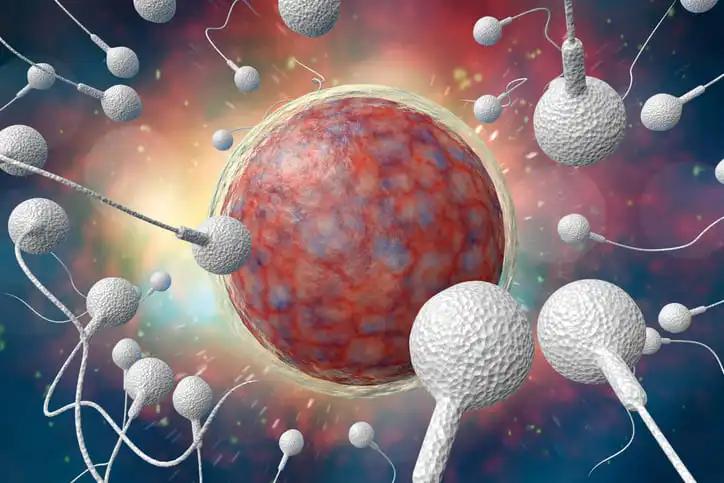KEY TAKEAWAYS
- The phase II trial aimed to analyze the efficacy of anti-PD-1 and HPV vaccine in combination for relapsed/refract cervical cancer.
- Patients received HPV vaccine on day 0, 3rd month, and 6th month, and anti-PD-1 every 3 weeks for up to 2 years.
- This study showed that the HPV vaccine and anti-PD-1 antibody were novel and effective clinical strategies in relapsed/refractory advanced cervical cancer.
Advanced cervical cancer has a poor prognosis and limited treatment options. Anti-PD-1 antibodies showed some promise in treating advanced cervical cancer. Researchers aimed to analyze the efficacy of anti-PD-1 and human papillomavirus (HPV) vaccine for relapsed/refract cervical cancer.
The study enrolled relapsed/refractory cervical cancer patients from Dec 2019 to Dec 2022. Patients received prior radiation and multiple therapies. They received the quadrivalent HPV vaccine subcutaneously on day 0, third month, and 6th month, and 200mg of anti-PD-1 antibody intravenously every 3 weeks for up to 2 years.
As of Dec 21, 2022, 13 enrolled patients, median age: 55 years (range, 52 to 83 years), had an overall response rate (ORR) of 69.2% and disease control rate of 84.9%. The median response duration was 7.07 months, with 6 achieving complete responses. Median overall survival (OS) was 13.96 months, and no grade 3 or 4 toxicity occurred.
This study used the HPV vaccine in advanced cervical cancer treatment, achieving 69.2% ORR and 84.9% disease control rate. The median OS was 13.96 months. The combination showed better results than current therapies, indicating a novel clinical strategy. Synergistic T cell and B cell effects played a crucial role. Neoantigens may facilitate immune response in cervical cancer patients.
Clinical Trial: https://classic.clinicaltrials.gov/ct2/show/NCT04096911
Buhai Wang, Juan J Gu, Yuechao Wu, Yichun Zeng, Yichen Liang, Liqin Liu, Yinxia Wu, Yuxiang Huang, Qiuxian Li, and Caiyue Chen. Journal of Clinical Oncology (2023) 41:16_suppl, 5530-5530.



